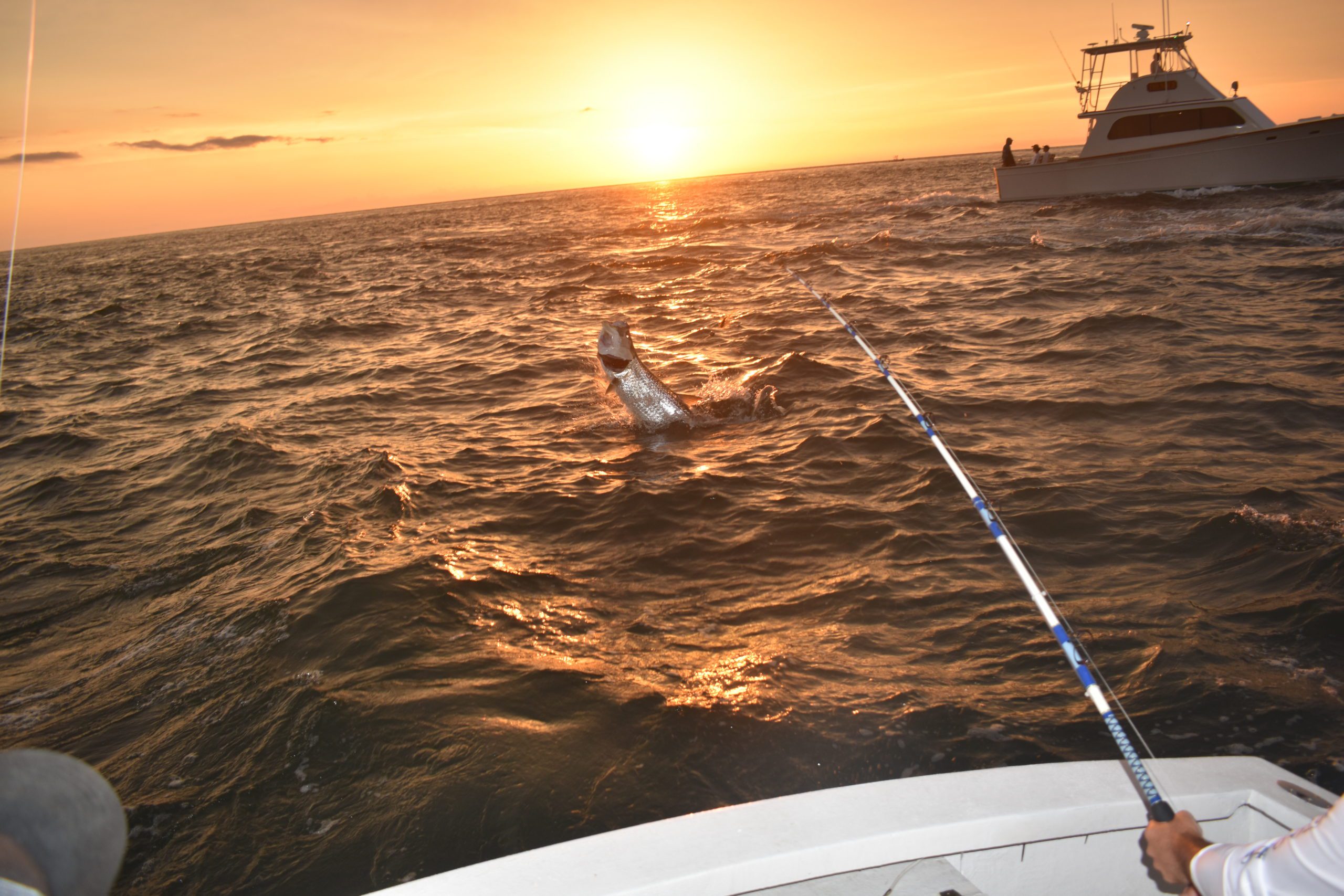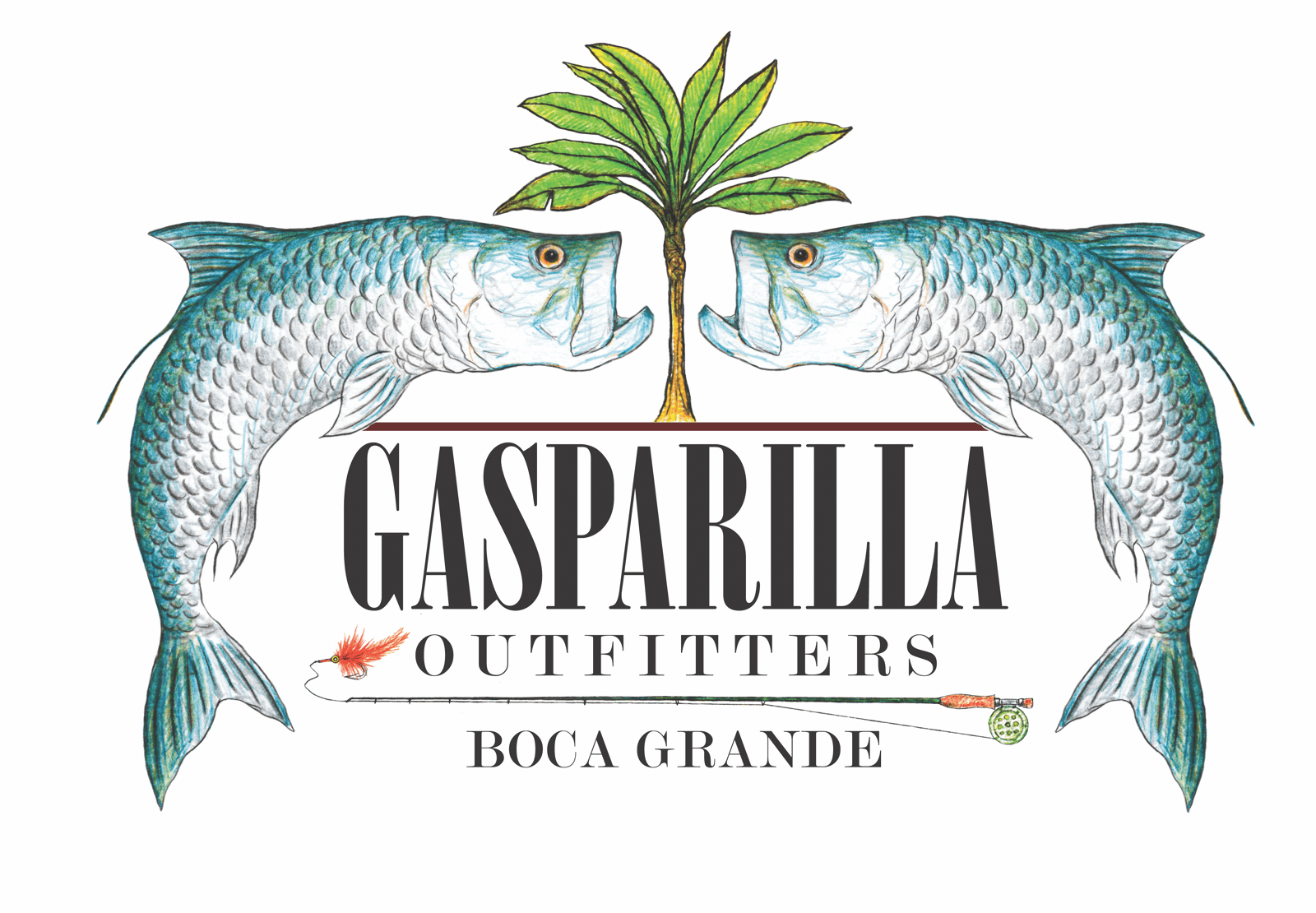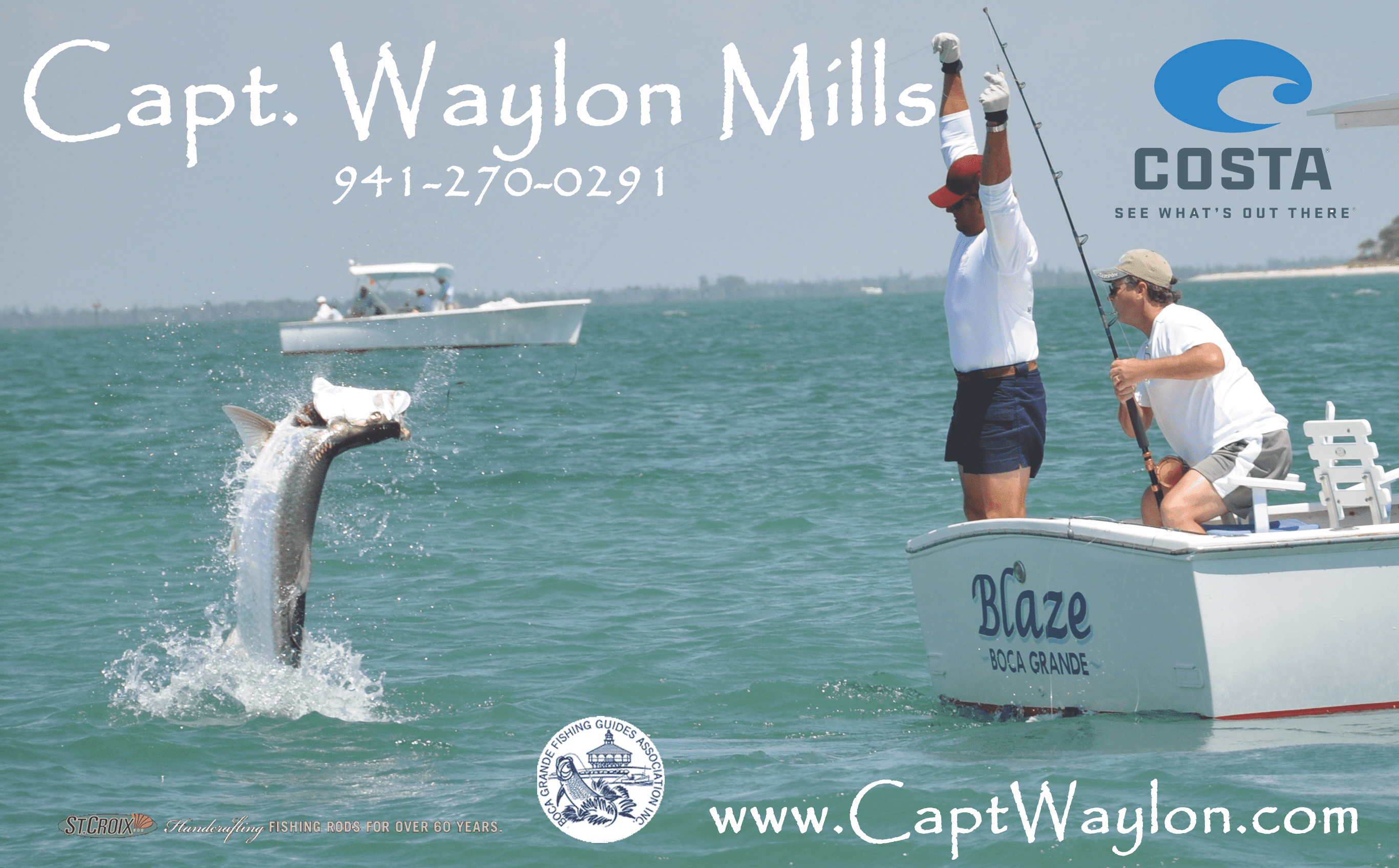Still in paradise: We just share less fish, with more people

I’ve always been concerned about preserving our fisheries, their heritage, our traditions and the ways of the watermen that live from them. My grandparents, especially Guy Lewis, instilled the importance of taking care of what takes care of you. Take the long-term approach caring for our way of life, enjoyments and waters. Preserve things that allow us to thrive.
My friend Capt. Scott Moore introduced me to William “Bill” Mote. Mr. Mote exposed me to the Mote Lab and Foundation. He wanted to go snook and tarpon fishing, and Scott didn’t have any openings, so the two of us took advantage of his time off to take a trip out. We caught a bunch of big snook in a blowout hole adjacent to the ICW on our first trip. My world expanded through knowing him, and he helped me better understand the complexities of fish and fishery management.
I learned from Steve Serfling, Mote’s snook specialist, about handling and reproducing snook from captive brood stocks. Snook are extremely challenging to hatch and raise to fingerlings for release to enhance stocks. The Foundation bestowed the Florida Guides Association Sportfishing Guide of the Year upon me in 1999 “for significant contribution to the marine environment and improving the future of marine recreational fishing in Florida.”
Ken Haddad of Florida Marine Research Institute put together a Stock Enhancement advisory board to study and develop protocols for spawning fish in captivity for stock enhancement and aquaculture. I was invited to participate, and over the next decade we learned and compiled ideas that the Staff of Mote and FMRI used to create the protocols used worldwide to begin work with aquaculture farming. We learned from presentations by experts from Scripts, Harbor Branch, Rosenstiel School of Miami, Woods Hole and many others. It was an extended education that expanded my perspectives and connections significantly. We even founded the “Snook Foundation” to protect our favorite fish.
Capt. Scott Moore is a special fishing guide from Bradenton. He started guiding here in Boca Grande in 1983 in the summers. His clients wanted to experience world famous Boca Grande snook and tarpon fishing. We were the only backcountry guides locally for several years; it was living a dream. We enjoyed sharing knowledge and experiences. It was great to share thoughts on fish movements and health with such an exceptional guide. We fished with live minnows, which were new down here. Baitfish, white bait, were everywhere because no one cared about them. We used cast nets and caught all we needed easily. We shared catching so good it’s difficult to imagine today. Lots of fish, plenty of big fish, forty-inch fish many days.
What has changed? Word spread like wildfire and many good local tarpon guides and knowledgeable mullet fishermen joined in the action. It exploded every year, and now we have hundreds of guide boats full of educated anglers fishing with thousands of minnows. They are working in the same spots every day. Most ease in, then blast out to their next hot spot. Because we had plenty of spots, we didn’t beat up the fish. If the bite slowed down, we cranked up and went to another spot. Now fish stay scared by all the commotion. Just look at the boats from the Placida boat ramp, Gasparilla Marina, and Eldred’s – hundreds of excited fishermen. We chummed some, but others pitched so many minnows that the sea gulls drive you crazy if you throw out a handful now.
Scott was always dedicated to protecting our fisheries. We shared this need to preserve the fish and the life we enjoyed. He convinced me to release the larger breeding females. We fought for May spawning closures. We attended FMRI Snook Summits and Stakeholder meetings. We traveled all over the state at our own expense to comment at FWC meetings. Many local captains, including Philip O’ Bannon, got involved as more guides entered the back country fisheries.
Capt. Scotty Moore and several local captains banded together in 1991 and worked to launch the Florida Guides Association. Capts. Chris Mitchell, Tim McCusker, Greg Penix and others like Brad Rutherford succeeded in getting the statewide association up and running.
I helped with the organization and became his vice president. With the help of many local captains and associate members Capt. Moore put together our first big fundraiser, a dinner with a comedian for entertainment. It was well promoted and a huge success. We gained recognition, funds and credibility. After my term as vice president, I then became president because Capt. Moore didn’t have the time to dedicate away from his business. Again, I didn’t understand my commitment until I was immersed, but I just dug in.
We put together several successful fundraisers and earned the respect and recognition of the FWC and its staff. It became clear of the need to stay up to date with FMRI staff because it was possible to steer directions on issues before it was a done deal and presented for passage to the commission. We helped conserve our snook, trout and redfish fisheries, and worked to educate fishermen on best practices to maintain fish stocks.
The organization took polls the old way – by mail – to decide our position and direction on issues. It was extra effort, but this way we were able to enact the will of all our statewide association members. With computers, this has become a lot faster and easier. Eventually, I got overwhelmed and passed the leadership to Pat Kelley, after devoting three plus years of my life to it. The FGA is still active and working to grow again.
It’s important to remind our readers that we still are in paradise. We just share less fish with more people. It’s not bad, it’s just different. Our population in Florida approaches 23 million, who knows how many snowbirds, then 140 million visitors last year! About half of our nation’s people share Florida. Consider the numbers of vehicles on our roads, especially in springtime, and the explosion in boating and fishing traffic. We create noise and light pollution, chemical runoff, aggravation by boats racing around. Reduced fish stocks have been because of fishing, habitat destruction and red tides.
Right now, we are enjoying a significant rebound in water quality, some seagrasses and many fish stocks. I’m excited about our future fisheries. It will not be like the glory days, but there is hope it will continue to improve.
Capt. Van Hubbard, a longtime Boca Grande fishing captain, is a columnist for the Boca Beacon.









